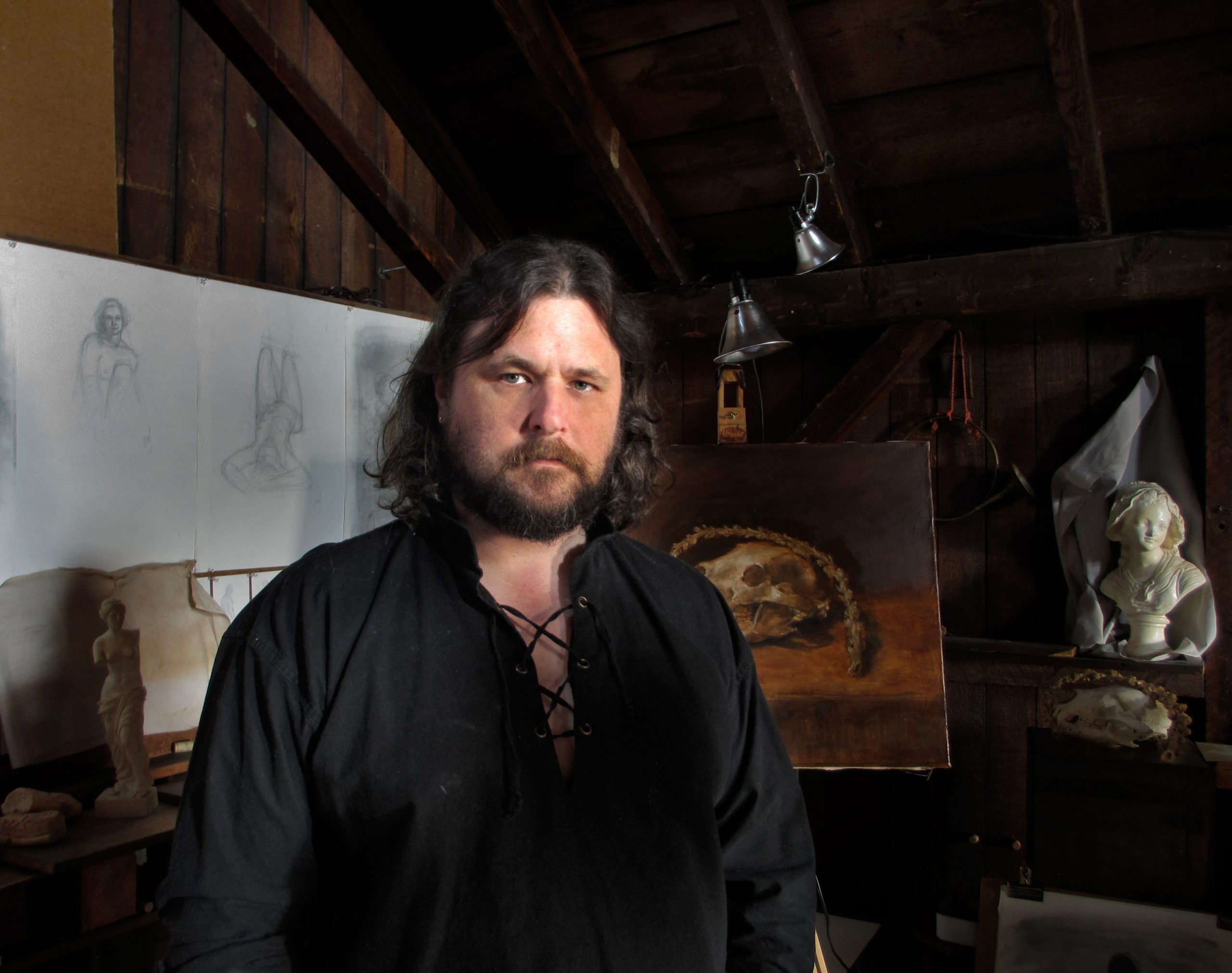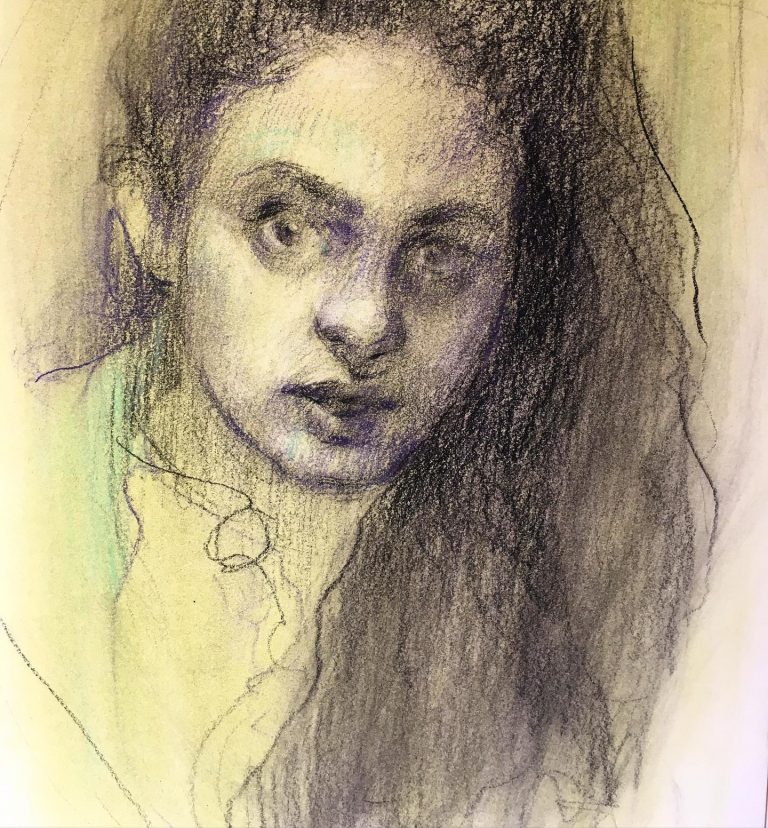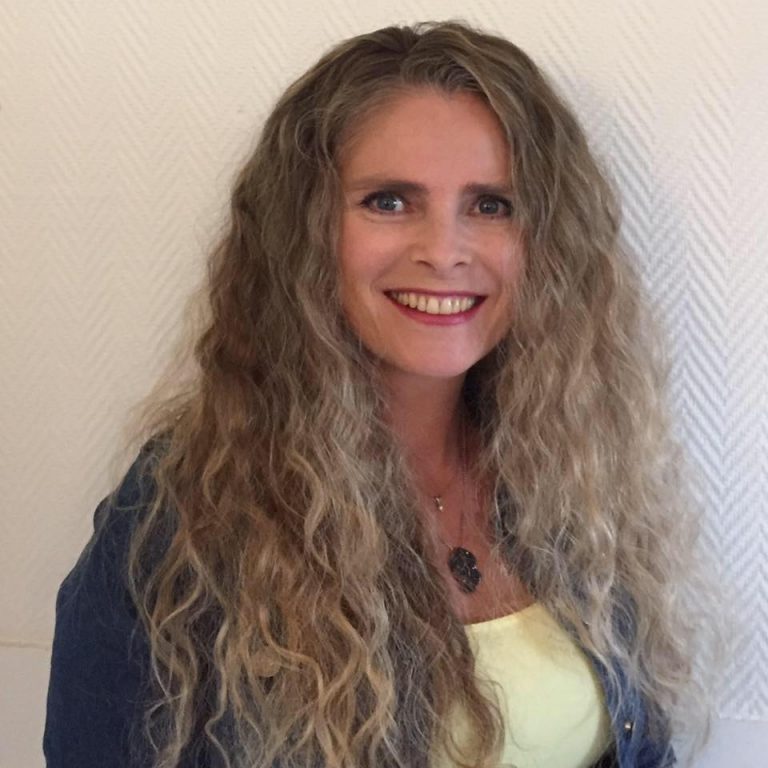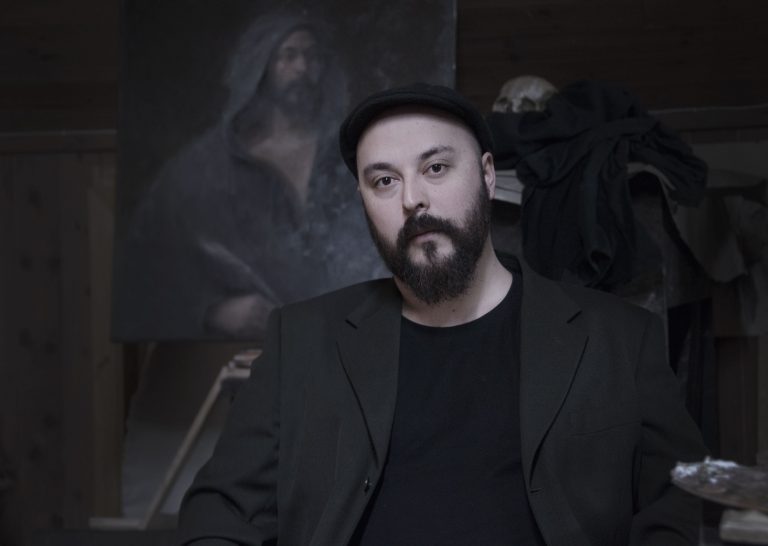The summer before I started middle school, it was a practice of teachers to make home visits to meet incoming students. During the meeting, the teacher asked me what I would like to be when I grow up. In my hesitation to answer, my mother interrupted,
“He wants to be an artist. He draws all the time.”
While I liked to look at old paintings in books and tried to draw things that I saw and make my own story pictures, my instant reaction was,
“No. I don’t want to be an artist. Everyone thinks I do because I draw a lot, but I don’t want to be an artist.” The notion of being an artist was completely foreign to me. I couldn’t relate what I did to what I was taught art was.
When I graduated from high school, my father suggested that I go down to the local art school for a portfolio review. The interview misled me and I thought that I would be able to get help learning how to improve my drawing and learn how to paint. I enrolled and enjoyed my Foundation year, which was packed with drawing from observation of different arrangements of basic objects.
In the next two years, students who were in the Fine Art major mostly began working with abstraction and conceptual work, which was praised during periodic critiques. While I tried to make my work more “art-like,” I endured comments and remarks about my technical errors and failings.
I would think, “That’s why I’m here–to get instruction that will help me improve my work. Telling me it’s not right is something anyone off the street can do. You’re supposed to be teaching me something.”
I once again felt alone and hopeless. I knew that I was no artist. But what was I? I liked to draw and wanted so badly for someone to teach me something about painting. Anything to get me set off in the right direction. Even so, the work I wanted to make wasn’t anything like the work that I saw around me. I was immersed in an Art world.
It was during some time in Art school that there was a show of Andrew Wyeth’s work at the Philadelphia Museum of Art. My father said to me that people were saying that Wyeth’s work wasn’t art.
“It isn’t.” I replied, thinking to myself, “It’s better than Art.”
After Art school, I entered a University to earn a degree in Art Education. During this time, I continued to make my own work and acquire books of old paintings I enjoyed. I had a small living space and made small work. I left painting with oils when I left art school. I didn’t have much practice with them anyway and just got to the point where some of the paintings looked ok enough to keep around or sell cheaply. After I earned my degree, I immediately got a position teaching Art, and within a year started a family. A couple of years later, I discovered Odd’s work.
During one of my routine trips to the used bookstore looking to find the best possible reproductions of old paintings in old books, a small thin spine caught my eye that read “On Kitsch, Odd Nerdrum. “ I pried it out from between the larger books to investigate it further. The image on the cover didn’t seem to be one of his works, even though I only ever saw a couple in passing through an old Art News. The cover image looked like a painting from the Victorian time period. This increased my interest and I opened up the book to read the inside cover passage:
“As soon as I had discovered the nature of art and of kitsch, I understood where I belonged. I would therefore like to take this moment to offer an apology. I have referred to myself as an artist, though with a foul taste in my mouth…”
I began shaking my head in disbelief. I was instantly agitated and held the book to my side with my index finger inside the book to keep my place as I paced back and forth in the bookstore isle.
“I have to get this book,” I thought.
“I can’t believe that there is someone else out there that feels like this.”
I didn’t know Odd at all, but immediately felt as if we were lost brothers being reunited through the text.
I don’t remember what I paid for the book because it didn’t matter how much it was. I went to the counter, paid for it and continued reading as I walked out the door. I tried to read and walk a bit more, but found that I had to sit because my attention to the book demanded it.
As I read, I found hope. I was realizing what I already knew, that I was not and artist. But instead of feeling dejected, I felt empowered. I went home and dug into my abandoned art supplies to find my paint that had leaked their linseed oil and bound themselves to one big clump of tubes. After I pulled apart the tubes and scavenged what I could of the brushes I had, I then coated sheets of Arches rag paper with gesso and began to paint again.
I set forth on the difficult path of Kitsch knowing that there was so much work ahead of me if I were to make even one good painting. Yes, it is a difficult journey but I am no longer lost. The work ahead is hard. And it is great!
After walking miles in shoes too tight, when someone gives you a comfortable pair to continue your journey, you don’t put the tight ones back on. Even though I may never reach that distant point on the horizon, I now know that I am moving toward the right one.
The realization is just as Odd has put it. As soon as you discover the nature of art and of kitsch, you understand where you belong.
Our modern economy relies on the notion of the smallest amount of energy and resources to yield the maximum return. Art reflects that model. Making Kitsch, however, takes a great amount of time, intellect and skill. Although the return of Kitsch is not guaranteed and slow to come if there is any, it is far greater. It is the path of Greatness and of the Gods. If we do not make it to the end, we still have the glory of having traveled on it.




